It looks like some people, especially women, avoid themselves to eat avocado. According to some issues, an avocado can make the body fat because the fat content is quite a lot. However, in fact there are some interesting facts about avocado nutrition that they do not know yet that can provide benefits for the body. Let’s see then.
1. Fat
Although the avocado is rich in fat, calories derived from all production of avocado are monounsaturated fat. To reduce the fat, it will work efficiently by doing the exercise routine and get enough rest. This kind of fat is good fat. Besides, it contains rich avocado lutein, vitamin E and beta-sitosterol which are good for our skin, improve our vision, reduce morning sickness in pregnant women, and cure bad breath odors.
2. Contained in the Avocado
Avocados have the minerals, vitamins, nutrients, magnesium and potassium than other fruits. Potassium is useful to maintain the health and elasticity of blood vessels. So, if we consume regularly, it will protect us from heart disease and blood pressure. One avocado also contains 81 mcg of lutein, an important nutrient for healthy eyes.
Avocado Nutrition Facts
3. Benefits from eating avocado
Avocado can be a solution for those who have cardiovascular problems. Avocados make a special enzyme that reduces bad cholesterol and at the same time, stabilize our density lipoprotein in the blood. With avocado consumption on a regular basis, this will lower bad cholesterol in your body. In addition, the lutein contained in the avocado is important for healthy eyes, vitamin E and beta-sitosterol are good for our skin, and it can avoid us from heart disease and blood pressure.
4. Enhancing the absorption of phytonutrients
Normally, our bodies are difficult to properly absorb the phytonutrients. By consuming avocado reularly, our body can absorb easier the phytonutrients. Research has shown that eating avocados and combine with other fruits or vegetables to increase the level of absorption of phytonutrients.
5. Fat or full?
Many issues said that avocado can make you fat. In fact, the avocado make you feel full but does not make you fat. This is because avocado contains lots of fiber but low in calories. It helps those who are on diet menu.
6. Avocado and weight loss
Avocado helps to reduce overeating because of its high fat. The fat in the avocado gives the feeling of satisfaction quicker and reduces the temptation to eat snack as it will keep you full for longer.
7. Dry avocado seeds for nutrition
According to a study conducted at the University of Leicester in England, avocado seeds are rich sources of an antioxidant called anthocyanins that may protect against colorectal cancer. It also provides vitamin C, and contain bioflavonoids similar to those found in green tea that may help protect against heart disease.
Avocado Seed
8. Avocado oil
Avocado oil is the natural fat extracted from the fruit of the avocado tree. The texture and taste iare similar with olive oil and you can use it for cooking and as an ingredient in several dishes and dressings.
Avocado Oil
9. Avocado for vegetarian
Avocados are commonly used in vegan dish because they have a hearty, meaty texture and earthy flavor. According to The World’s Healthiest Foods website, these fruits contain a wealth of nutrients, including vitamin K, folate, vitamin B6 and dietary fiber. Avocados are also rich sources of protein in the vegan diet — 1 cup of avocado slices contains about 2.9g of protein, or almost 6 percent of the daily recommended dietary intake.
Avocado Soup
10. Who should not eat avocados?
For anyone who is over-sensitive to latex should not touch or eat avocados because it has the enzyme chitinase, which can trigger allergic reactions.
Those are some avocado nutrition facts that hopefully make you think twice to avoid eating avocado.
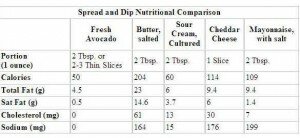
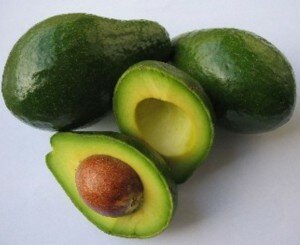
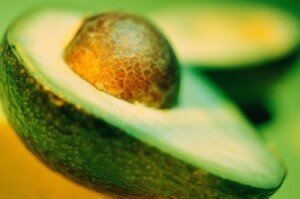
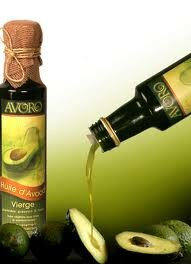
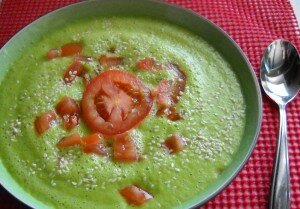




 www.PortlandPayday.Loans
www.PortlandPayday.Loans
Avocados are commercially valuable and are cultivated in tropical and Mediterranean climates throughout the world. They have a green-skinned, fleshy body that may be pear-shaped, egg-shaped, or spherical. Commercially, it ripens after harvesting. Trees are partially self-pollinating and often are propagated through grafting to maintain a predictable quality and quantity of the fruit…